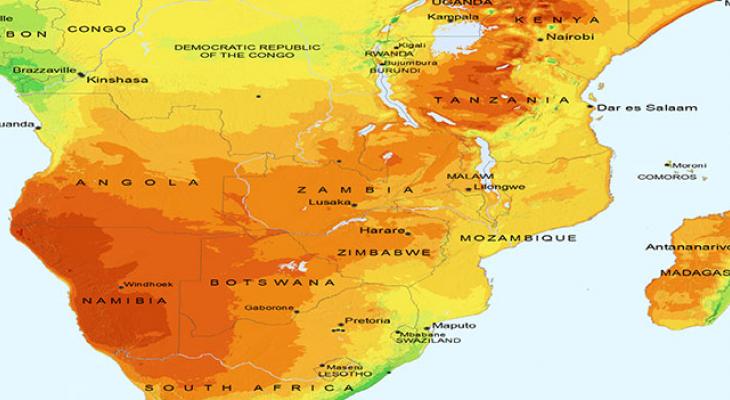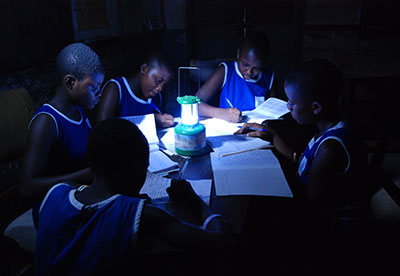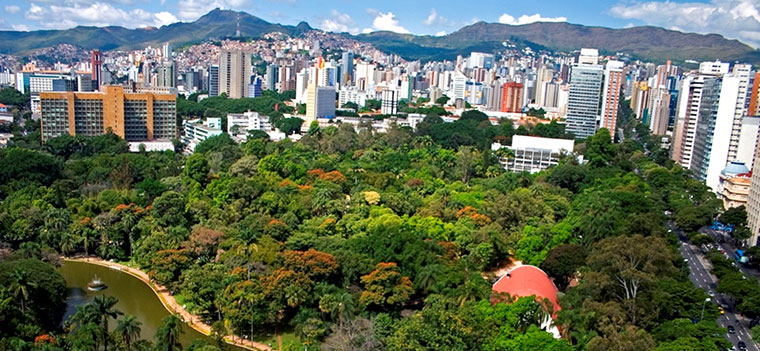E-BulletinIssue | July 2013
Highlights
June 12 2013
New ESMAP-supported program to help countries achieve universal energy access with end goal of catalyzing access to electricity and modern cooking fuels for 200 million people by 2030.
June 12 2013
Rio de Janeiro is using ESMAP's Tool for Rapid Assessment of City Energy (TRACE) to help make next year's FIFA World Cup and the 2016 Summer Olympics the most energy efficient ever. This work is part of the Rio de Janeiro Low-Carbon City Development Program launched by city officials and the World Bank at last year's Rio+20 Summit. Under the program, Rio has voluntarily committed to reduce its GHG emissions by 20 percent from its 2005 levels by the year 2020.
June 25 2013
As part of the SIDS DOCK Support Program, ESMAP has supported a new series of awards for innovators and entrepreneurs from small island states who have helped their countries boost energy security and sustainability. This new award series has been incorporated into the Ashden Awards, held this year in London on June 20. The small island states awards this year went to Cabeolica of Cape Verde, which has developed wind farms that now provide one-fifth of the electric power in that country; and to D&E Green Enterprises, which has manufactured and sold tens of thousands of fuel-efficient cookstoves in Haiti despite production being hit by the 2010 earthquake.
June 5 2013
The Global Geothermal Development Plan developed by ESMAP aims to scale up the use of geothermal power in developing countries by focusing on exploratory test drilling - the main obstacle to the expansion of geothermal energy in the past. The first test drilling project under the Plan will soon be underway, with the approval on June 5, 2013 by the World Bank Board of Directors of US$6 million in support to Djibouti towards a US$31 million project to assess the commercial geothermal potential of the Fiale Caldera within the Lake Assal region.
June 12 2017
There is tremendous market potential for efficient cookstoves in Central America, according to a new ESMAP-supported report. At the same time, only 10 percent of the 20 million people in the region who depend on firewood for cooking use an improved stove. To remedy this, the report recommends regional standards for cookstoves as well as tailored financial assistance for both cookstove manufacturers and users. The benefits could be substantial, as an estimated 37,000 people in Central America die each year from the effects of household air pollution.
Publications
Resources
Events
Learning and Collaboration
Published on: 07/01/2013


